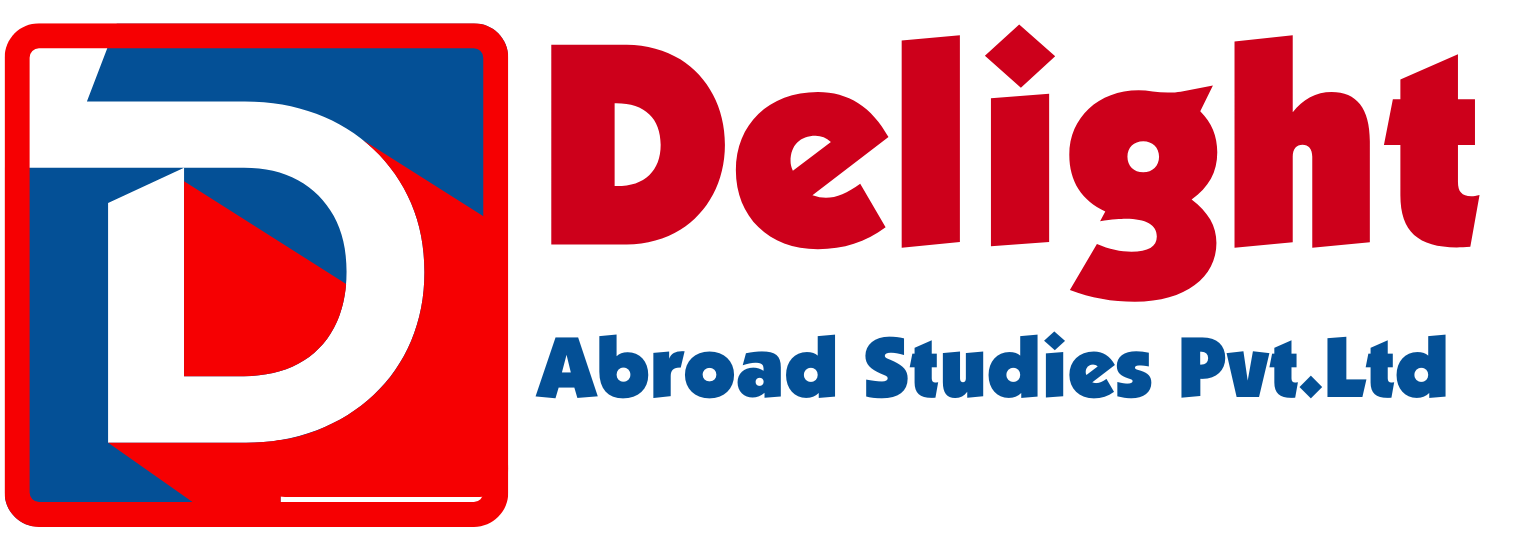TOFEL
Test of English as a Foreign Language
The Test of English as a Foreign Language (TOEFL) is a standardized English language proficiency examination developed and administered by Educational Testing Service (ETS). Designed to assess the English language competency of non-native speakers, TOEFL is widely accepted by universities, academic institutions, and professional organizations worldwide, particularly in North America.
As one of the two premier English language assessments globally, alongside IELTS, TOEFL serves as a critical requirement for international students seeking admission to English-medium educational institutions and professionals pursuing international career opportunities.
Test Formats
Primary TOEFL Formats
1. TOEFL iBT (Internet-Based Test)
The TOEFL iBT represents the current standard format and has replaced the discontinued Computer-Based Test (CBT), which was phased out in 2006. This format is administered at test centers with internet connectivity and represents the most widely available TOEFL option globally.
Duration: 2 hours 47 minutes to 3 hours 23 minutes (including a 10-minute break)
2. TOEFL Paper Delivered Test (PDT)
The Paper Delivered Test, introduced in 2017, replaced the traditional Paper-Based Test (PBT). This format is available in locations where internet-based testing infrastructure is not accessible. The PDT maintains a different test pattern and scoring methodology compared to the iBT format.
Duration: 2 hours 20 minutes to 2 hours 30 minutes
Specialized TOEFL Assessments
TOEFL Junior
TOEFL Junior evaluates English language proficiency at the middle school level and is available in two formats:
TOEFL Junior Standard (Paper-Based)
- Reading Comprehension
- Listening Comprehension
- Language Form and Meaning
TOEFL Junior Comprehensive (Computer-Based)
- Reading
- Listening
- Writing
- Speaking
TOEFL ITP (Institutional Testing Program)
The Institutional Testing Program provides institutions with an internal assessment tool for measuring English language proficiency. Similar in structure to the former Paper-Based Test, TOEFL ITP excludes the Test of Written Expression component and is designed for institutional placement, progress monitoring, and exit assessment purposes.
Eligibility Requirements
TOEFL maintains flexible eligibility criteria:
- Academic requirement: Completion of secondary education recommended
- Age requirement: No minimum or maximum age restrictions
- Purpose: Open to any candidate requiring English proficiency certification for academic or professional purposes
Recent Format Enhancements (2019 Update)
ETS implemented significant improvements to enhance the testing experience:
Reduced Test Duration
The TOEFL iBT duration was shortened by 30 minutes to a total of 3 hours, improving candidate stamina and concentration throughout the examination.
MyBest Scores (Score Superscoring)
This feature allows institutions to receive the highest scores achieved in each individual module across all TOEFL examinations taken within the previous two years, providing a comprehensive view of a candidate’s peak performance capabilities.
Extended Testing Windows
Afternoon testing sessions are now available at centers worldwide, offering greater scheduling flexibility for candidates.
Test Structure and Content
The TOEFL examination assesses English language proficiency across four fundamental competencies:
1. Reading
Evaluation of reading comprehension, analytical skills, and vocabulary understanding through academic passages
2. Listening
Assessment of comprehension skills across academic lectures, classroom discussions, and conversational English
3. Speaking
Measurement of oral communication abilities, pronunciation, fluency, and coherent expression of ideas
4. Writing
Evaluation of written communication skills, including essay composition, argument development, and grammatical accuracy
Each module is designed to reflect authentic academic and professional communication scenarios encountered in English-speaking environments.
Registration Process
TOEFL registration follows a streamlined two-step process:
Step 1: Account Creation
- Navigate to the official ETS TOEFL website
- Complete registration with required personal information
- Verify account credentials
- Create secure login credentials
Step 2: Test Scheduling
- Log in to your ETS account
- Search for authorized test centers by location or date
- Select preferred test center and available date
- Choose test time (where multiple sessions are offered)
- Complete payment and confirm booking
Test Scheduling and Availability
TOEFL does not operate on a predetermined examination calendar. Instead, test dates vary by location and center capacity. Candidates can:
- Filter test centers by distance or available dates
- Select from multiple testing sessions where available
- Book examinations based on individual scheduling needs
- Access year-round testing opportunities at most locations
Early registration is recommended to secure preferred dates and locations, particularly during peak application seasons.
Examination Fees
TOEFL registration fees vary by country and geographic region, typically ranging from $160 to $260 USD. Additional charges apply for:
- Test rescheduling
- Test cancellation
- Score reviews and verification
- Additional score reports
- Late registration (where applicable)
Candidates should verify current fees on the official ETS website, as rates are subject to regional variations and periodic adjustments.
Preparation Guidelines
Strategic Approach to TOEFL Preparation
Effective preparation requires:
- Comprehensive understanding of examination format and question types
- Systematic practice across all four skill modules
- Familiarity with academic English contexts and vocabulary
- Time management strategies for each section
Preparation Options
Self-Study Approach:
- Official ETS preparation materials
- Practice tests and sample questions
- Online resources and study guides
- Independent practice and skill development
Structured Learning:
- Authorized TOEFL preparation courses
- Professional instruction and guidance
- Group study and peer interaction
- Personalized feedback and assessment
Scoring System
Score Range and Scale
TOEFL iBT employs a scoring range of 0 to 120 points, with each of the four modules scored on a scale of 0 to 30.
Module Scoring
- Reading: 0-30 points
- Listening: 0-30 points
- Speaking: 0-30 points (initially scored 0-4, then converted to the 30-point scale)
- Writing: 0-30 points
Total Score
The overall TOEFL score represents the sum of all four module scores, providing institutions with both individual skill assessments and comprehensive proficiency indicators.
Score Validity
TOEFL scores remain valid for two years from the test date. Institutions typically do not accept scores beyond this validity period for admission or professional certification purposes.
Score Reporting
Candidates receive official score reports approximately 6-10 days after the test date for iBT examinations. Scores can be sent directly to designated institutions through the ETS online portal, with options to select recipients during registration or after score release.
